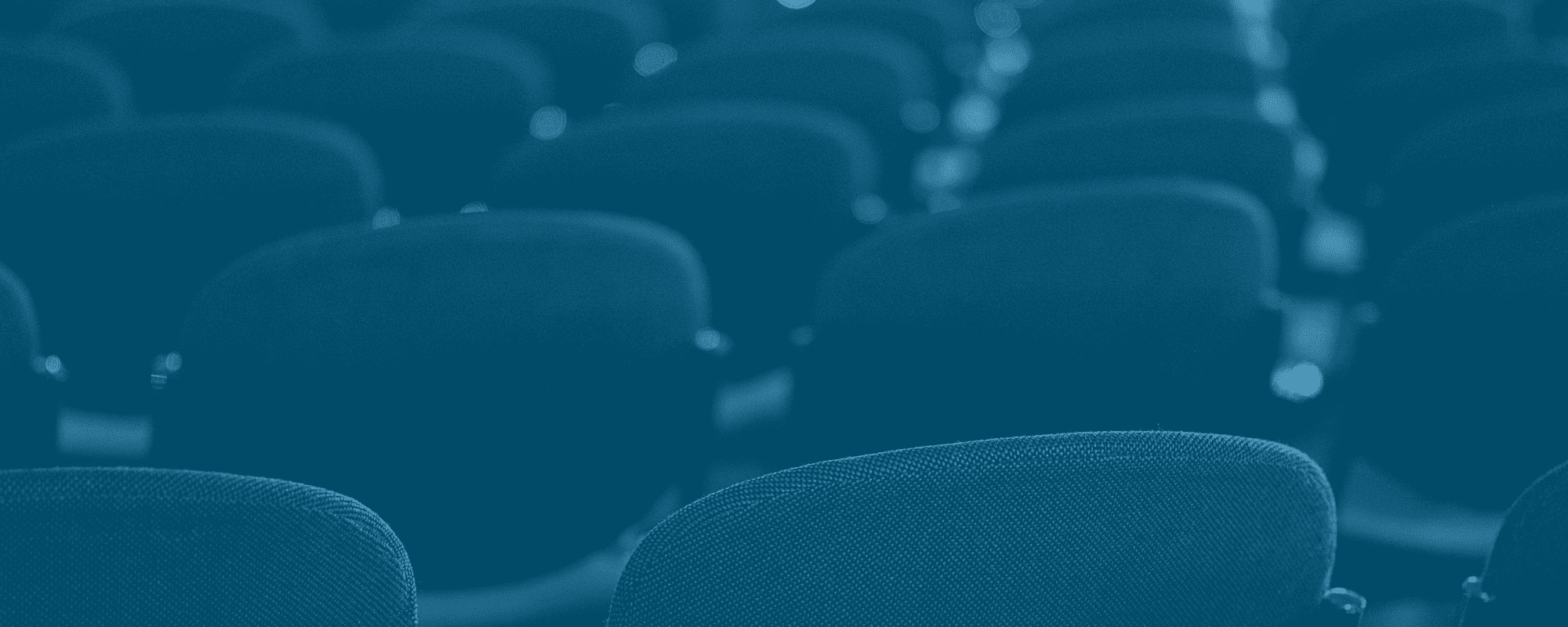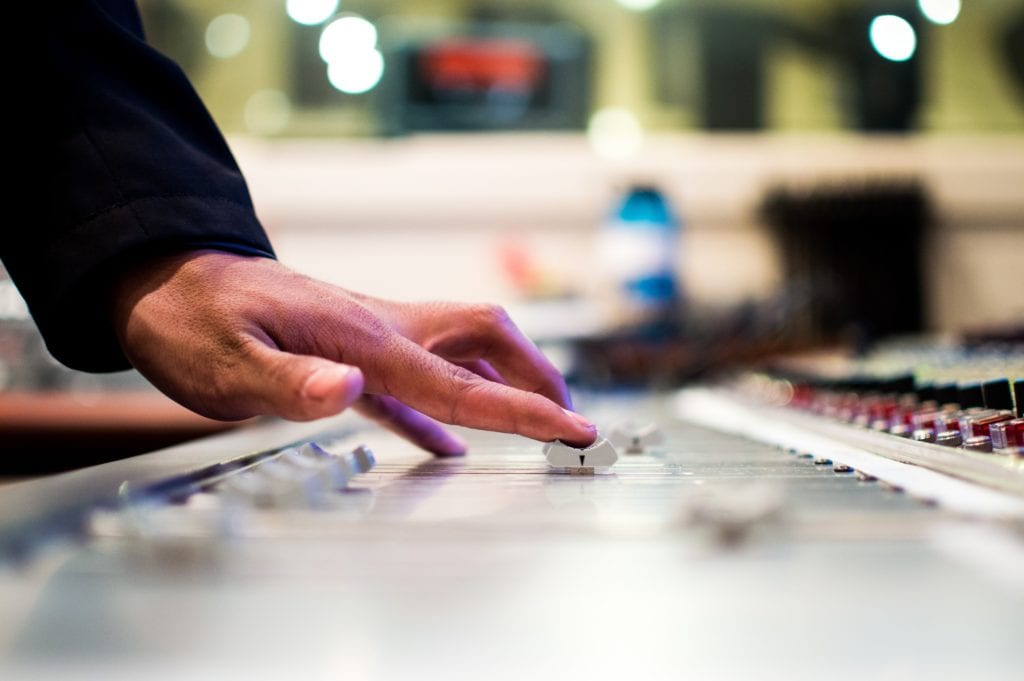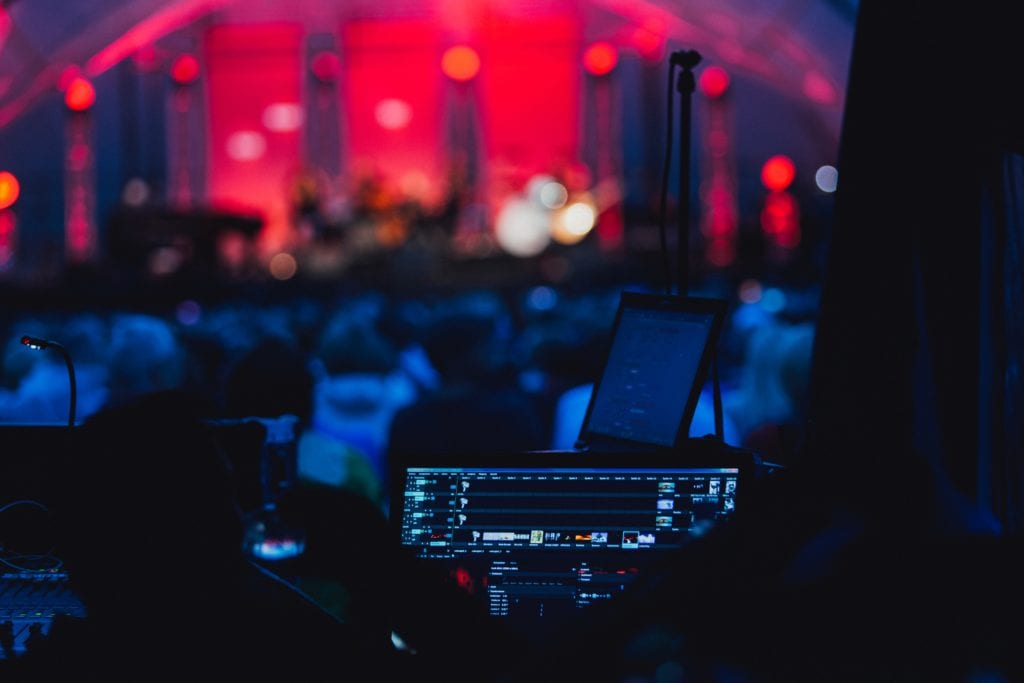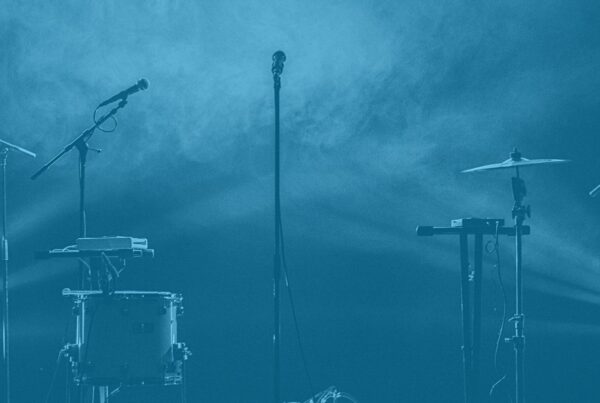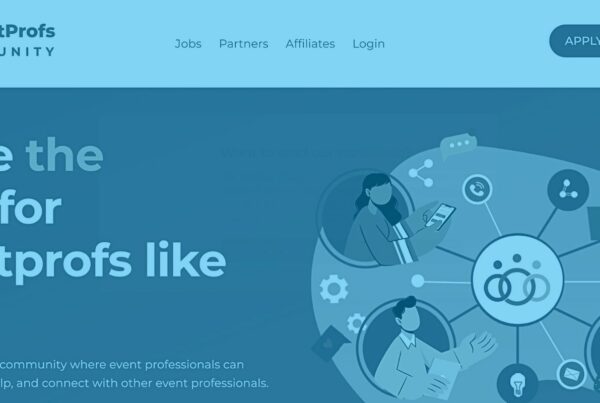Did someone say IMEX Frankfurt? Well, you already know that here at Endless, we love to switch it up. We talk tech, but we’re never boring, and today is no exception! For this week’s episode, our hosts Brandt Krueger and Will Curran are coming to you all the way from Germany. Live from IMEX Frankfurt, the exhibition for incentive travel, meetings and events.
Will and Brandt will walk us through their favorite parts of the event. What’s new, what’s exciting, and what looks promising? How do people around the world go about planning events? What are the differences, and what can we learn from them? All of this and more, on a brand new episode of Even Tech Podcast. Board the plane, because we’re bound to Frankfurt!
Click here for the full audio transcription.
IMEX Frankfurt: The Excitement Builds
As members of the event industry, exhibitions like this are always interesting. “I really, truly enjoy seeing how people around the world do what we do and how they do it similarly and how they do it differently”, says Brandt. “That’s always been very fascinating to me. I love any opportunity that we get a chance to do that.”
Will agrees: “Definitely. I think the interesting dynamic too of also who’s big in what markets too. For example, a vendor that might be considered small at IMEX America might be much larger out here, so they might have a bigger market share, and vice versa, which I think has been really, really interesting just seeing from I think a marketing perspective as well.” We can learn something from everyone, so let’s jump right into it!
IMEX Frankfurt: The Recap
Field Drive
“Right away out of the gate I was lucky enough to have a sit down with the folks from Field Drive”, Brandt recalls. “They’re basically kiosk technology, but they’re tying into a few different things, so they’re tying into the Zenus facial recognition software on the registration side. But then they want to be the go-between, between that and whatever registration system you want.”
“They’re very upfront about that, they’re like we’re not tied to anybody and we want to make it work, so whatever registration system you want to use at your event you can use these kiosks”, he continues. “Now seeing it live in action with the Field Drive folks is pretty slick, it’s pretty cool. It’s very, very fast, and you’re able to just walk up to the kiosk, the camera just pegs you and goes hey, is this you? You click yes and the badge goes schoomp and prints out. The whole transaction takes less than 20 seconds.”
“It really does show the potential for this type of technology”, concludes Brandt. “I’ll be curious to see how they bridge that creepy factor as to whether or not, it’s like oh that’s a little too weird, how do you know … Well we asked you during registration, it’s not rocket science. I think as long as it’s all opt-in and it’s all stuff that yeah we asked you that during registration and now you get to see the benefit from it.”
Integrations
“They’re talking all about their integrations”, adds Will. “I think that’s something that we maybe could even turn into a potential episode on its own is how important integrations are for event technology because so many of this tech that is coming out they’re oh yeah, we’re all in one. These platforms are getting bigger with more and more features.”
The conversation about integration doesn’t stop there. Will concludes: “Instead of being like oh yeah we do everything, we’re the word processing software, we’re the this and that, they’re like we just do chat and then if you want something to integrate with it, boom, you’re good to go. I think more event technology is needed to do that so it gives people more choice in modularity and allows people to be best in class at what they’re doing rather than masterful”.
Interprefy
In such an international environment, something as fantastic as Interprefy was bound to appear. “Essentially, it’s a platform for people to be able to have interpreters and translators for their events remotely”, explains Will. “What was really, really cool I think about Interpify is just how simple the platform was and how easy it is to use to be able to bring the interpreters in, and then once you have the interpreters in there you can easily swap between two interpreters in two remote locations”.
“Absolutely. I think one of the cool things to think about as well, you talked a little about the in-person element too, is that this also eliminates the need for all those headsets that everyone has to wear. Normally you’d have in-person people in a booth, all these hardware requirements that just add on more costs, and now this is getting cheaper and cheaper to do”, he adds.
Brahler
“It was funny because I also, coincidentally had a meeting with, it was an audio-visual company, but the way that they got their start, and this was Brahler”, Brandt recalls. “They got their start doing push to talk microphones and simultaneous translation”.
“That’s their history going back to the 1950s. What was interesting is they’re a full-service production company, so they do all the stuff now with video, and mapping, and sound, and set decorations and things, but you can still see this little core running through from the original company. To see some of the new technologies that they’re literally using it like the U.N. Climate Change Summit, or the G20, they’re still doing these types of events. But now they’ve got the push to talk microphone, but built in is a touch screen display”.
Travel WiFi
For those who constantly work on the road, Internet connection can be a real problem. In comes Travel WiFi: “A lot of times I’m like well there’s no WiFi at this coffee shop, I’m in the middle of a venue without WiFi, or I’m going to Dingle, Ireland in the middle of nowhere and I need a little bit extra internet connection, what am I going to do?” explains Will. “My Verizon hotspot obviously does not work abroad, and I’m not ready to just go out and buy a hotspot for every country I got to. Well, Travel WiFi has solved the problem. They’re like, “Hey, we built a hotspot that you can take anywhere”.
“I think the cool thing too is that they said that they have it in the airports too because they’re based in France. If you’re in the Parisian airport, you forget, boom, you can just go pick it up at the store and you can have internet wherever you go.”
International Production Companies
“One of the things that I’ve really enjoyed is meeting with some of the more production company type places, so folks like Brahler and seeing their portfolio, and seeing the things that they’re working on. That’s one of the fun things about being in Europe is there’s just so much history here that everything is just so much older than we have in the U.S”, says Brandt.
“Met with a production company out of Hungary that was doing just some amazing work all over the world in not only production but also projection. The transformations that they could do, even in a more traditional space like these big empty ballrooms that you get at convention centers and things like that, she was showing me pictures of their clients where each year they would have the theme be based on where they were”, he continues.
Trade Wars
“I’ve actually been surprised at how much the trade war between U.S. and China has come up already at the show because I’ve only been here for two days and it’s come up once a day in relation to our industry. We don’t think about our industry as necessarily being connected to something like that, but it is. Those LED panels, they’re made in China. What happens then when all a sudden there’s a 25% tariff that goes on something like that. We’re living the luxury life right now when it comes to LEDs, and displays, and LED walls, and all that stuff is made in China”, Brandt tells us.
The Valley Con’s Hybrid Podcast
“We did an entire segment on it, so anybody that was watching the live feed of Event Icons live here from IMEX Frankfort, we did a behind the scenes episode for about 15-20 minutes talking about some of the technologies that were used”, recalls Brandt.
“Essentially, we talked to IMEX and said, “Hey, we want to do this.” Obviously, just like a normal event, we assembled all the content, but we have a lot of tech in here. I’ll probably talk about the tech. Actually flew over here with three Pelicans, one of which was overweight, so I had to get that one down and weighed a little bit”, explains Will. “But yeah, I had like three humongous cases. Well no, two were really big, one was overweight. Then I have a small one, that was my carryon (…) Then I had another large case, which just had the lights. That was the one that was overweight actually. Ironically, just the lighting alone pushed us overweight. We had four lights, four LED lights made by a company called Aputure”.
“What happened though is when we got here we were running major issues where the video was just looking weird and all these things like that, and it was kind of choppy. I knew it wasn’t our internet connection after testing it, and testing it, and testing it. Eventually, I talked to my live stream server, thank God this is why he tested the day before and he goes, “Oh where are you broadcasting from?” “Frankfurt, Germany.” He’s like, “Yeah, this is our server in the United States.” He’s having to go all the way across the Atlantic”. Never a dull moment!
Conclusion
That’s all for today’s Event Tech Podcast! Have you been following what’s happening on IMEX Frankfurt? What do you think are the biggest differences between European and American event companies? What are the technologies you can’t wait to adopt? Let us know in the comment section below!
Resources
-
GoPro
- Field Drive
- Interprefy
- Brahler
- Travel WiFi


